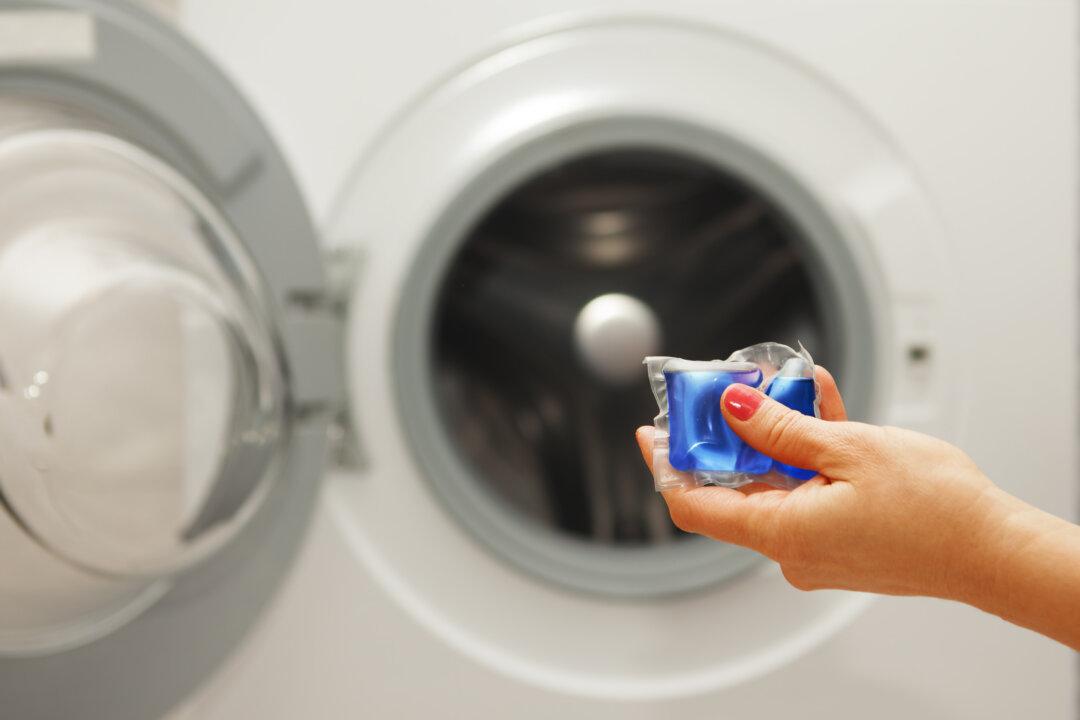Q: My cat Milo is a “dog cat”: He comes when I call, fetches small balls, and loves to play with toys. Last week, I caught him batting around a laundry detergent pod. Should I let him play with those things, or are they toxic?
A: Laundry detergent pods are so dangerous to pets that I recommend you store them where Milo can’t reach them and, when you need more laundry detergent, buy something other than pods.





